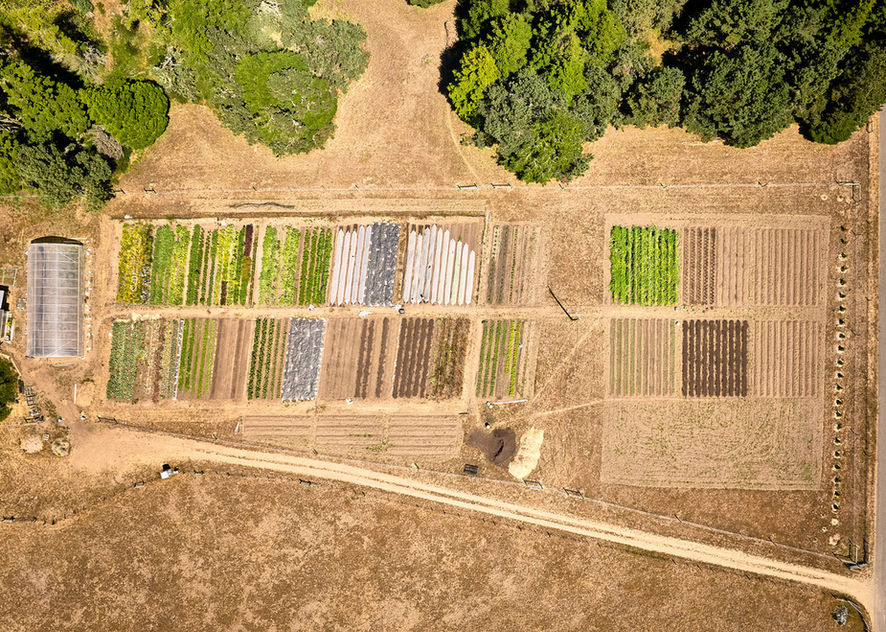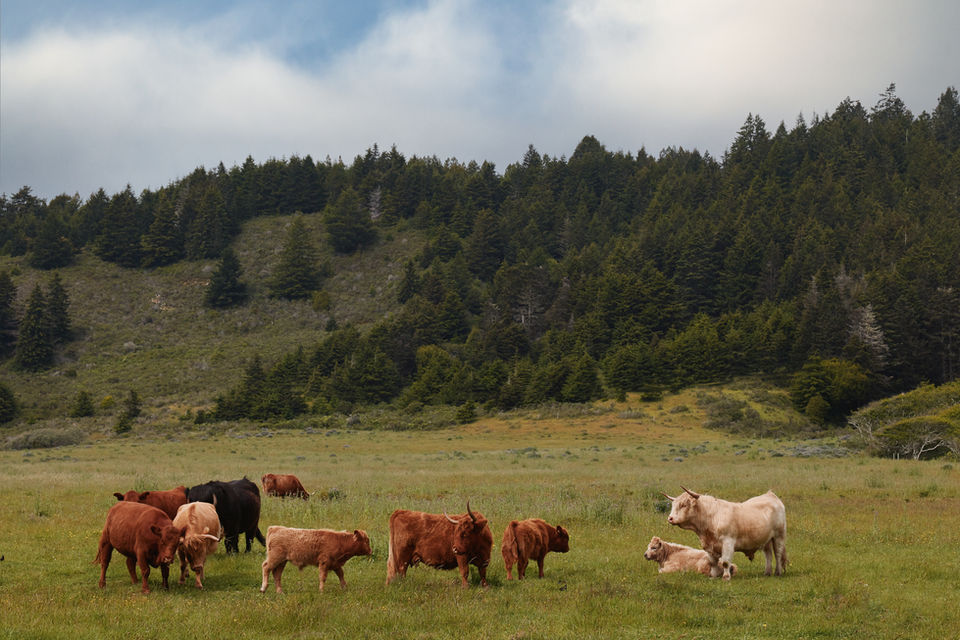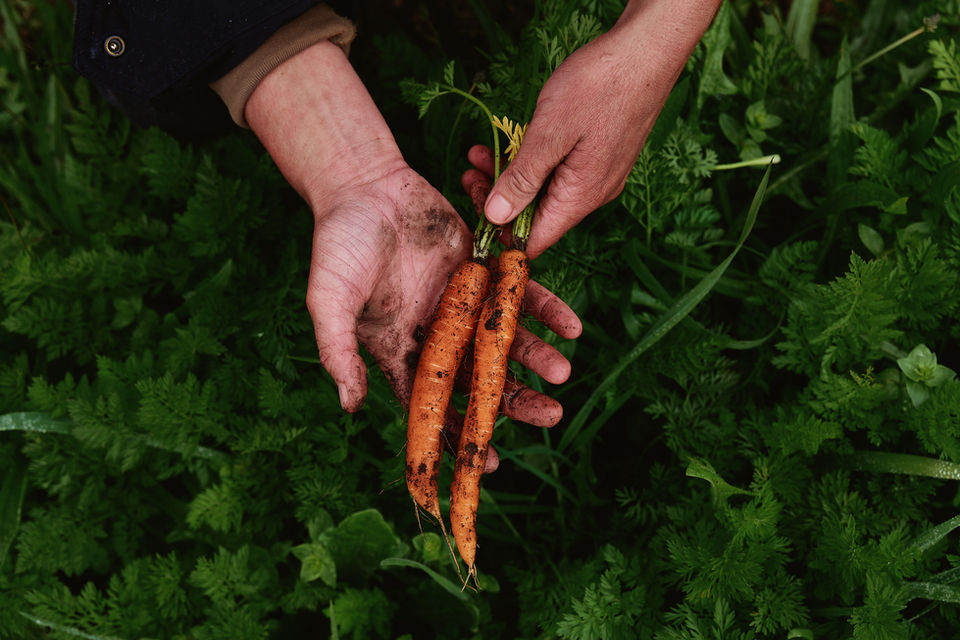

Our Approach to Sustainability
Sustainability is all about preserving and protecting the places you love. For us, sustainability is a moral imperative, and one that we have ingrained into our ethos and team. We strive to be gentle and mindful in all of our business operations, treading lightly on the land, and protecting our oceans and nearby ecosystems. Given our remote and natural surroundings, we are hyper aware of our carbon footprint and take steps each day so we can all do our part to preserve the natural beauty of the Mendocino Coast.
As of 2023, The Harbor House Inn is 100% powered by renewable local energy resources, including geothermal and solar, in partnership with Sonoma Clean Power. Additionally, the property provides EV Charging Stations.
REDUCE AND REUSE
The staff reduces its waste in many ways across the property. From the removal of plastic wrap in the kitchen to recycling single- use plastics at a local store.
FARM AND FORAGE
Chef Matthew Kammerer and his team forage the coast for ingredients, as well as grow produce on their nearby farms and on the inn property.
WATER USAGE
Water from the kitchen is reused to water the property's garden and plant life. A water filtration system reduces single-use plastic waste in guest rooms and during meal services.
NOVEL UPCYCLING
The kitchen team repurposes fryer oil to make candles for the dining tables as well as gifts for guests. They also use leftover solids from butter, which would otherwise be wasted, to create sauces and other dish components.





